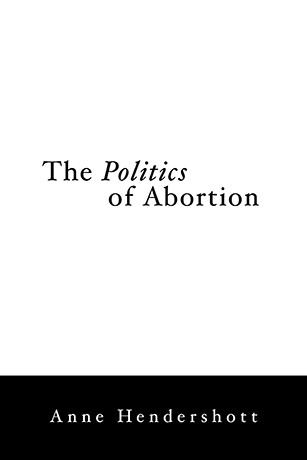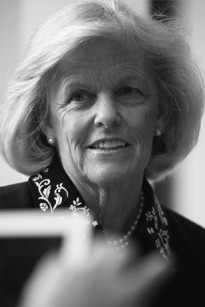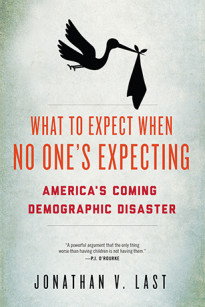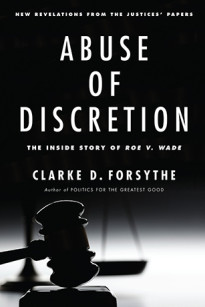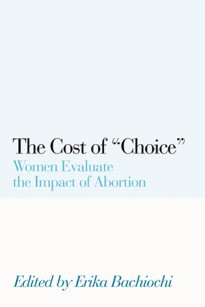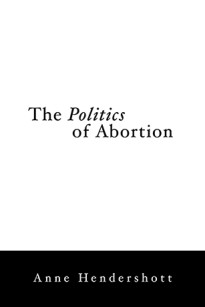Anne Hendershott, a sociologist, offers a penetrating analysis of the most divisive issue on domestic politics today: abortion. Unlike many commentators who approach this issue with the tired Marxist rhetoric of race, class, and gender, Hendershott shows that the controversy surrounding abortion is primarily a reflection of deeply held and often incompatible moral commitments, which is why abortion disputes are not easily resolvable in the courts. Dissecting the politics behind this most contentious of public policy issues, Hendershott considers:
- How did the culture shift that produced Roe v Wade occur?
- How was the Democratic Party transformed from the party of the New Deal, Medicare, and Aid to Families with Dependent Children, to the party of abortion on demand?
- Why are black and Hispanic women targeted as the primary consumers of abortion services?
- Why do pro-choice clergy assure their followers that abortion is a “sacred choice”?
- Why does Hollywood celebrate abortion and abortion providers in films and on television?
While America appears deadlocked in a divisive culture war, Hendershott believes that most people have grown weary of angry talk about abortion. The time is ripe, she suggests, for moving away from the contentious philosophical and personal confrontations of the past and beginning real conversations with the other side. In The Politics of Abortion, she offers valuable ideas for “taking the discussions out of the courts and back to the realm of local policy, where we might once again debate the politics of abortion as neighbors and friends”—and where there might be some prospect of resolution.
